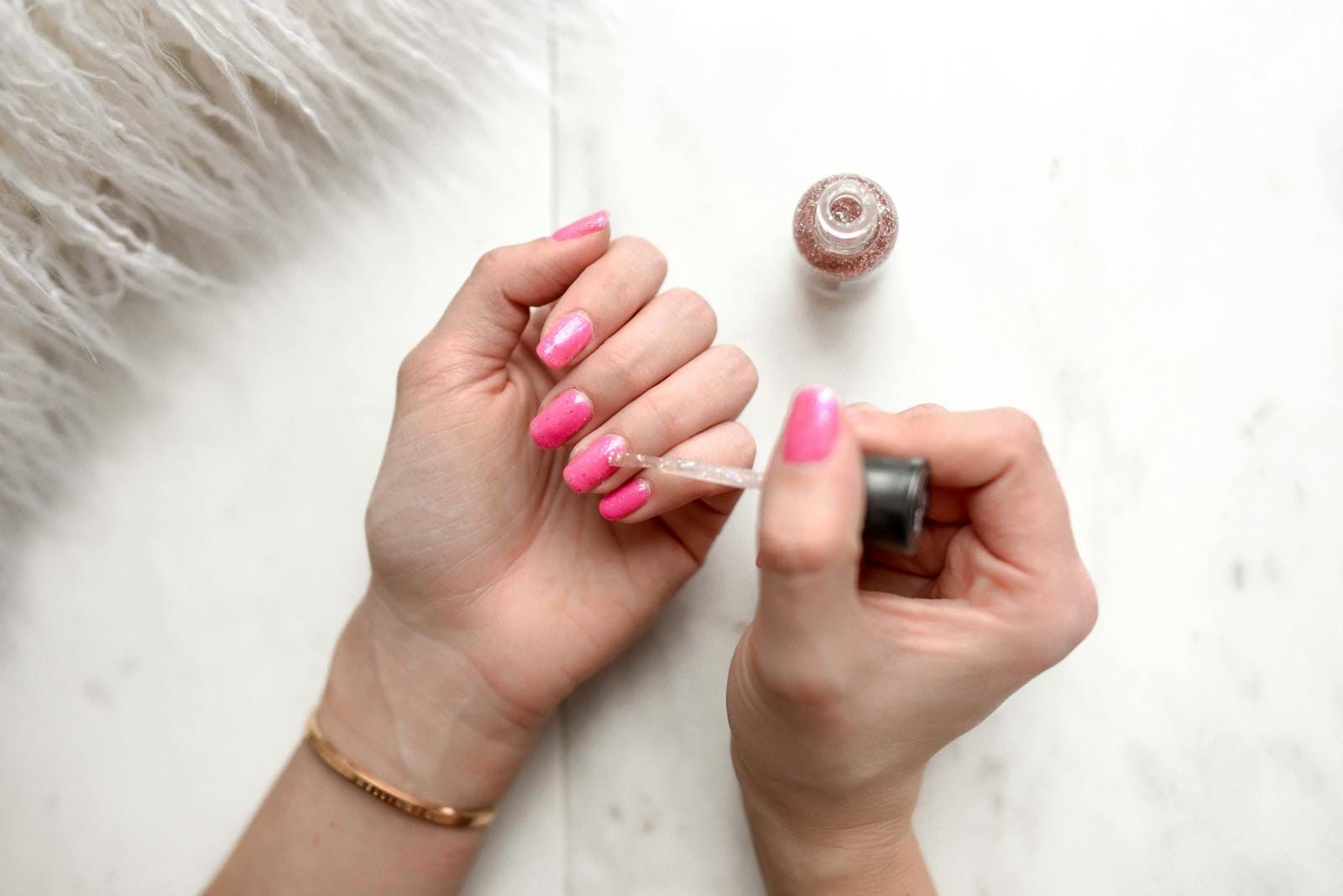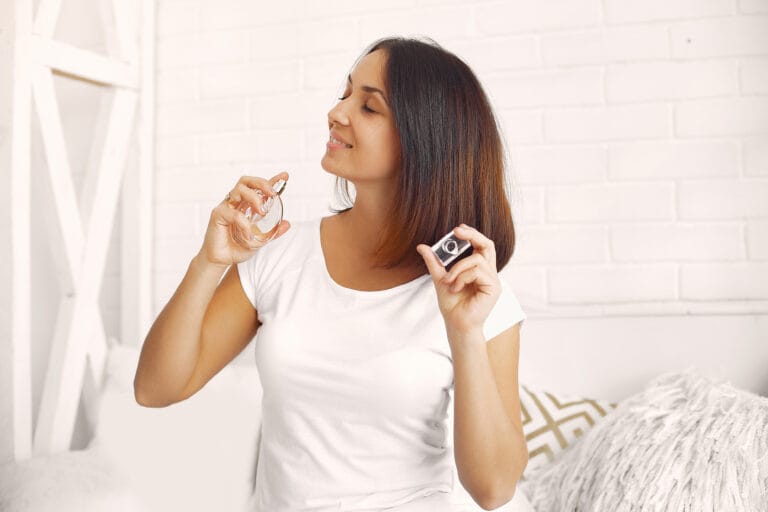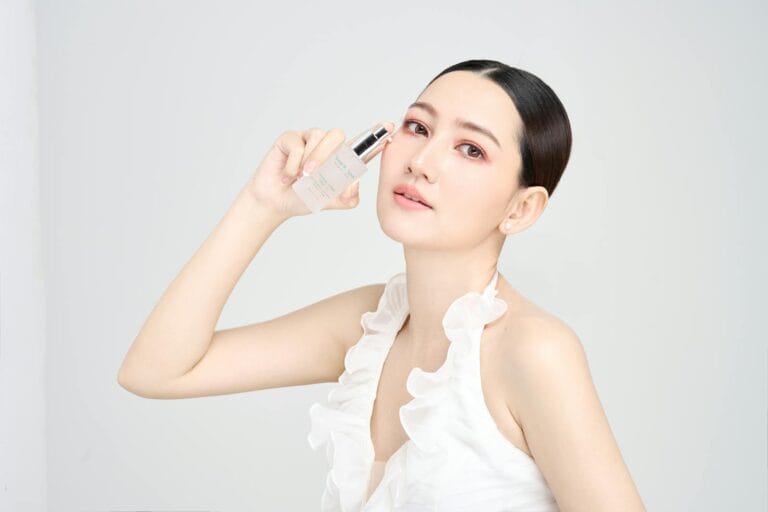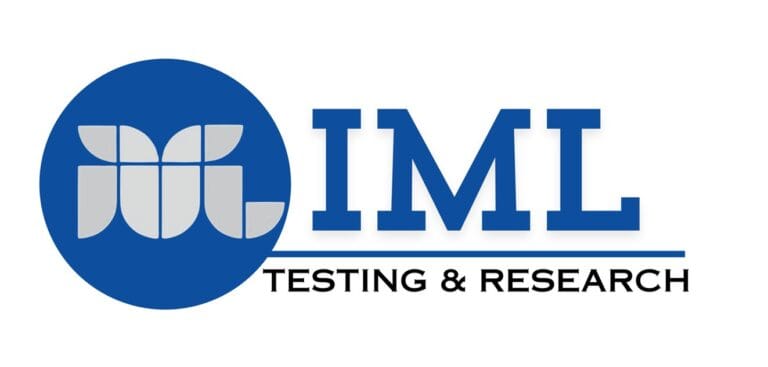
Interesting Facts about Nail Polish

- Composition and Types of Nail Polish
- Health Impacts of Nail Polish Use
- Halal Considerations for Nail Polish
- Safer Alternatives for Nail Coloring
Nails are parts of the body that always grow and are at the tips of the fingers. Nails function to protect the fingers and minimize the risk of infection. The process of nail formation is called keratinization. Keratin cells will grow and coat each other and harden to form nails. For some women, the color and shape of their nails is a concern. The development of beauty accessories, especially nail care, is increasing. From nail hardening products, nail polish, artificial nails, and other products that increase the attractiveness of nails.
Composition and Types of Nail Polish
Nail polish or nail polish is the main form of nail beauty care. Types of nail polish include basecoat, dye, and topcoat. Nail polish generally contains components such as film formers, softeners, thermoplastic resins, solvents, pigments and suspension agents. Film formers generally consist of nitrocellulose. Softeners are used to increase the adhesion and flexibility of nail polish, for example dibutyl phthalate.
Nail polish that looks shiny is due to the presence of thermoplastic resins such as toluene sulfonamide-formaldehyde which increases adhesion, paint hardening and shine. Conventional nail polish and gel nail polish are distinguished by the polymer composition used. Conventional nail polish can dry on its own while gel nail polish needs to be exposed to ultraviolet light so that the polymer can harden and dry. Commonly used solvents are ethyl acetate, isopropyl alcohol, or toluene. As well as the main ingredients that are coloring agents, the compounds commonly used are iron oxide and mica.
Health Impacts of Nail Polish Use
Nails are made of keratin, a protein that has no blood vessels or nerves. The nutrients obtained by nails are obtained from oxidants and skin blood flow, not from free air. So the use of nail polish is considered “not dangerous” for nails. However, if the chemicals in nail polish come into contact with your nails too often, they will make your nails dry, brittle, and even moldy.
Too frequent exposure to dangerous chemicals such as formaldehyde, toluene and dibutyl phthalate will have a negative impact on skin health and lung health. Plus, using nail polish remover (acetone) can make your nails even drier. Therefore, it is recommended to use nail moisturizer, nail polish that can absorb water (halal), and pause the frequency of using nail polish.
Halal Considerations for Nail Polish

Source: Pexel
Regarding the halalness of nail polish, according to the Institute for the Study of Food, Drugs and Cosmetics, the Indonesian Ulema Council (LPPOM MUI), as long as the nail polish is not made from haram ingredients and is able to penetrate the nail pores, then the product can be used. The product used must have the ability and has been tested to penetrate water to ensure that the ablution water can rinse the body parts.
The ingredients in nail polish may contain animal derived ingredients, one of which is pork oil. This is a concern for some people. Halal product labeling also needs to pay attention to the ingredients used. An alternative to make it easier to choose halal products is to look at halal certification and vegan content.
Safer Alternatives for Nail Coloring
Natural nail polish can also be used and is considered safer than synthetic chemical-based nail polish. Henna can be an option made from natural materials for hand painting. With the basic ingredients of henna leaves or henna, the color pigment, namely lawsone, will react with keratin and the dye will absorb.
Lawsone does not dissolve easily in water, so it is resistant to the rinsing process. Over time the color will fade due to the process of nail regeneration and growth. Henna does not create a new waterproof layer so it is considered halal in Islam. Using synthetic nail polish and henna both require attention to the side effects on the body.
Use plant-based products that have safe certification (BPOM and Halal MUI) to ensure the health and halalness of the products used. Ensure your cosmetic products are safe, high-quality, and meet regulatory standards. Conduct testing in a trusted laboratory to protect consumers and enhance market confidence. Get your products tested today!
Author: Delfia
Editor: Sabilla
References:
Arora, Harleen et al. 2017. Safety and Efficacy of Nail Products. Cosmetics. Vol 4 : 24.



